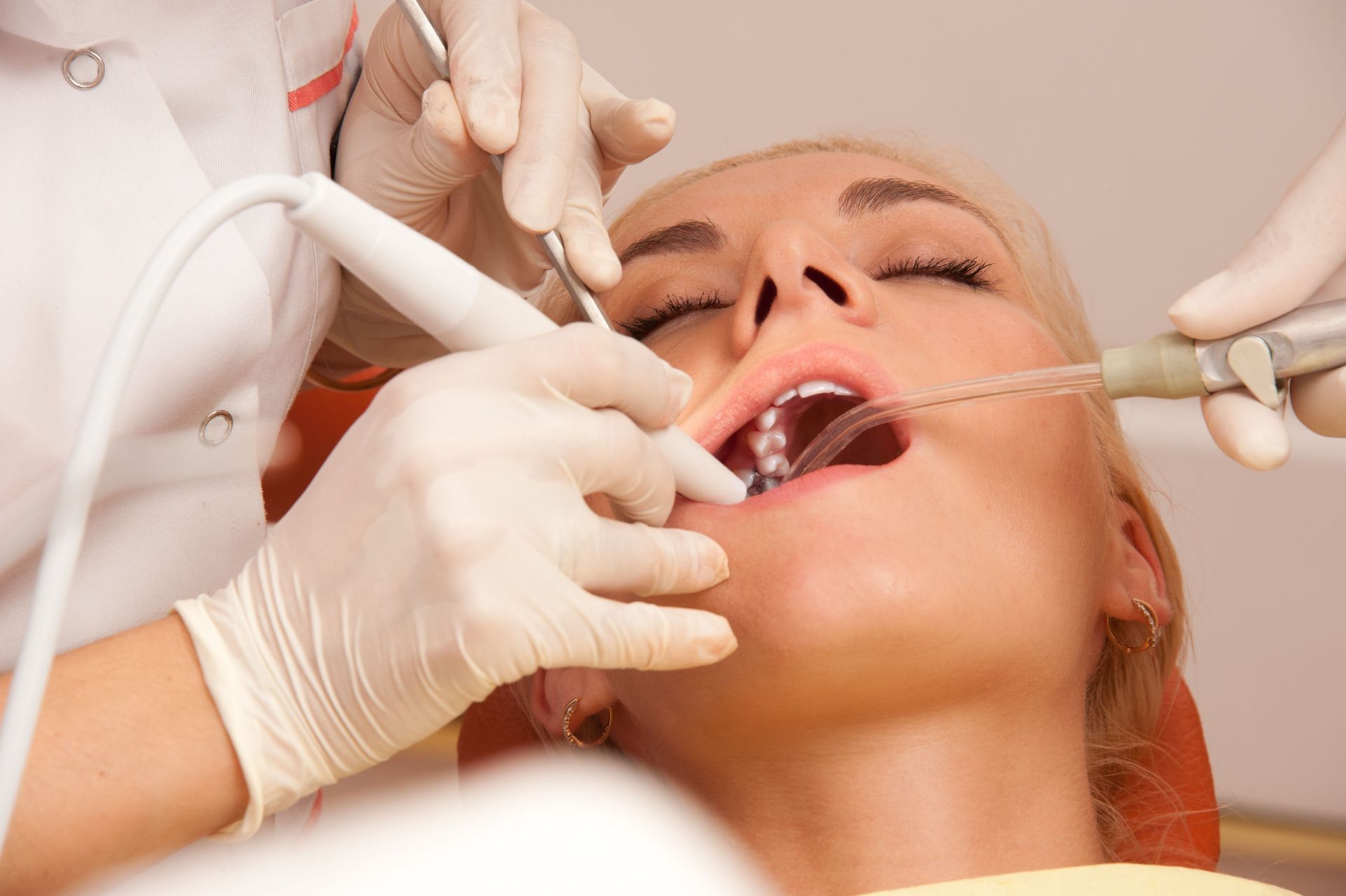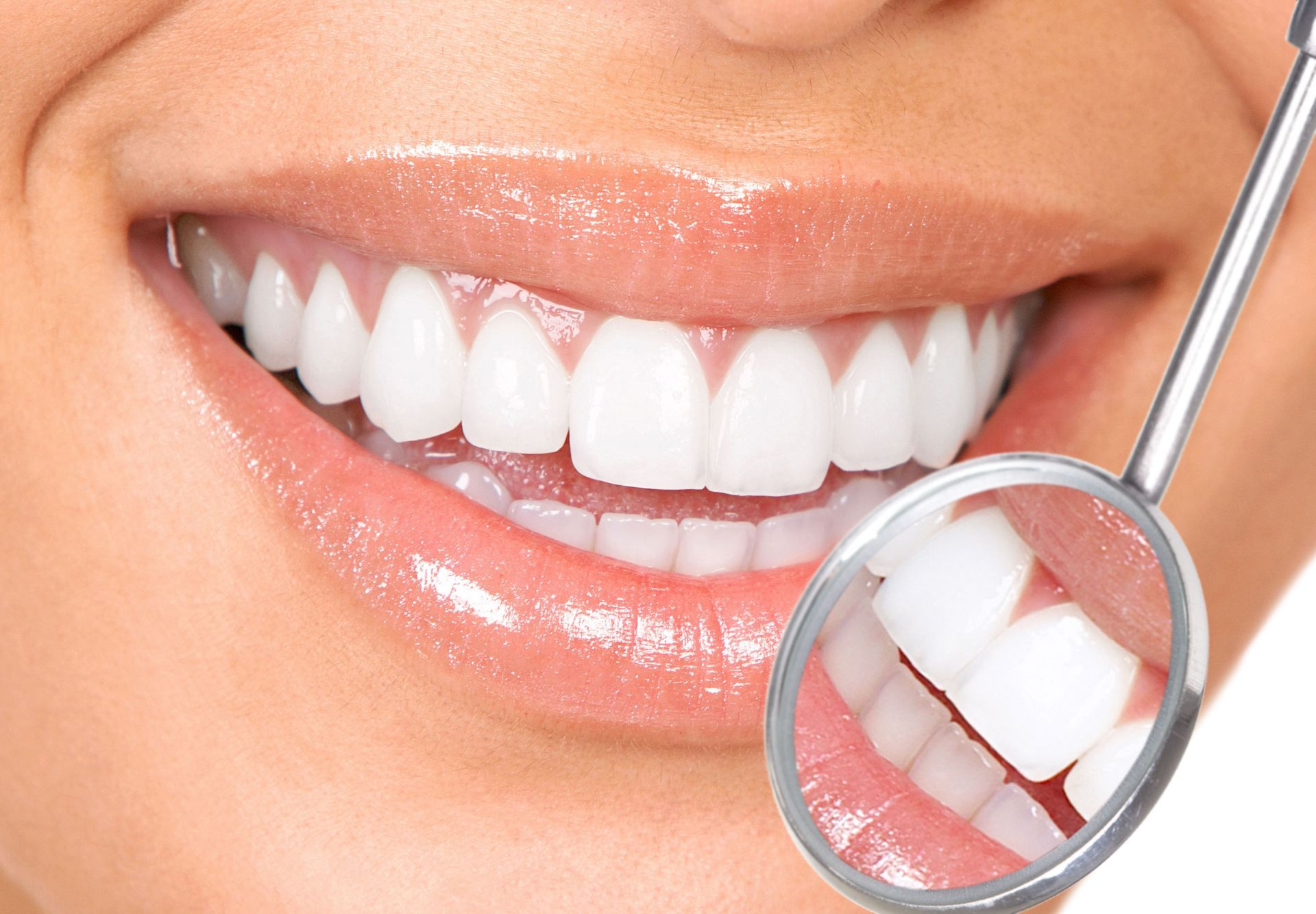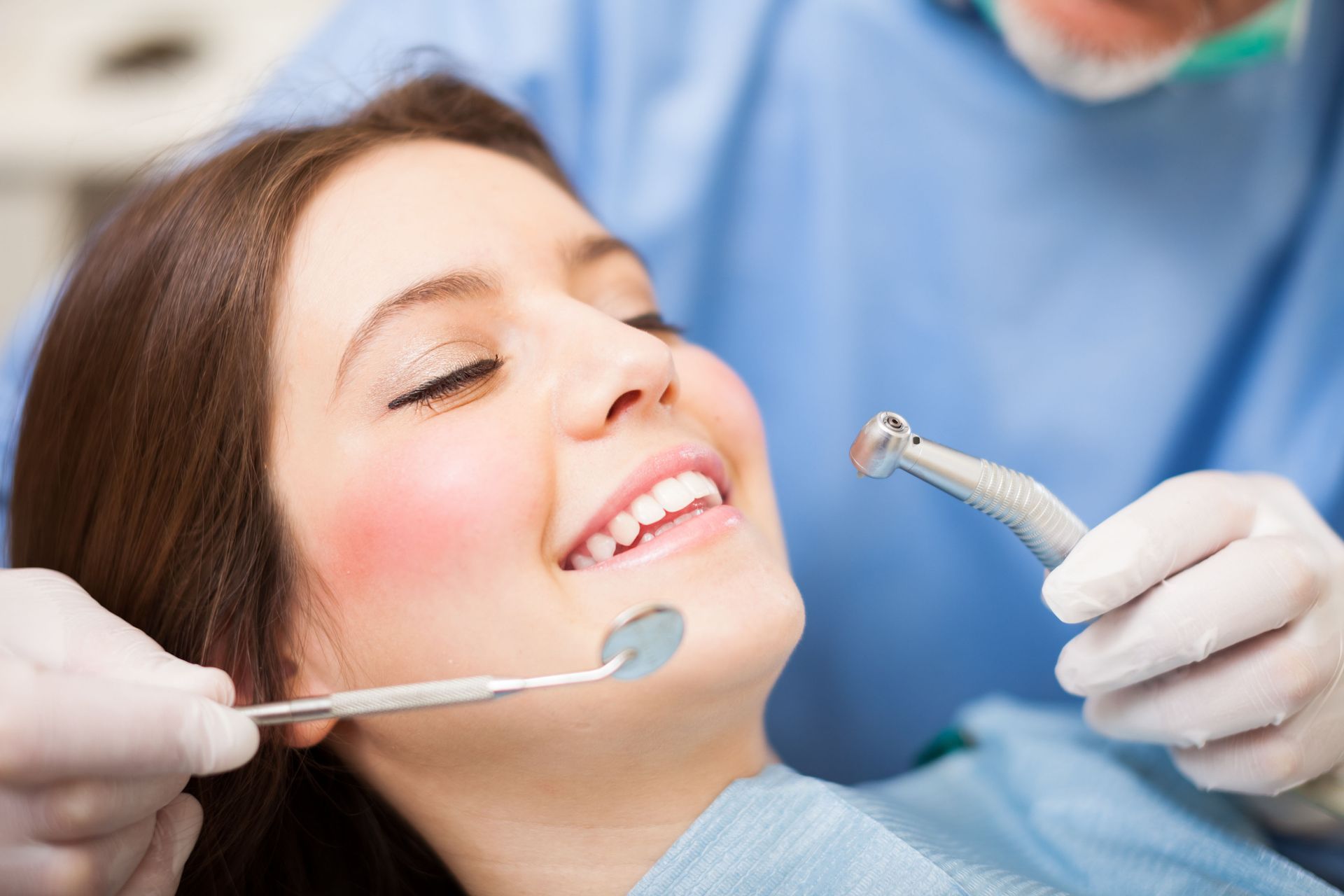Experiencing anesthesia can be daunting, and recovering from it requires careful attention and proper measures. Whether you’ve undergone a minor outpatient procedure, a dental implant, or a major surgery, understanding how to navigate the post-anesthesia phase is crucial for your health and comfort. Here are some practical steps to help you recover smoothly from anesthesia.
Prioritize Rest and Recovery
First and foremost, it’s essential to rest and allow your body to recuperate. After receiving anesthesia, you may feel groggy, disoriented, or extremely fatigued. According to the American Society of Anesthesiologists, arranging for someone to drive you home and spend the first 24 hours resting in a comfortable environment is highly recommended. Prioritize sleep and relaxation to give your body the chance to heal and shake off the lingering effects of the anesthesia, especially if you've had a procedure like a dental implant.
Stay Hydrated and Follow a Light Diet
Maintaining hydration and starting with a light diet are crucial steps in the recovery process. Anesthesia can sometimes cause nausea or a loss of appetite, so it’s best to start with small, light meals and plenty of fluids. Drinking water, clear broths, and herbal teas can help flush out any anesthetic agents remaining in your system. Gradually, as you feel better, reintroduce more substantial foods into your diet. Avoid alcohol and caffeine during this time, as these can dehydrate you or interfere with your recovery.
Avoid Strenuous Activities and Focus on Safety
Avoiding activities that require full concentration or physical coordination is another critical aspect of recovering from anesthesia. According to Verywell Health, you shouldn’t drive for 24 to 48 hours after receiving anesthesia, as the sedative effects can impair reaction times and judgment. For those recovering from procedures like a dental implant, it’s also wise to avoid strenuous activities or making significant decisions during this period. Follow your healthcare provider’s
recommendations on when it is safe to return to your regular routine.
Patience and adherence to medical advice are key when recovering from anesthesia. Ensure you get plenty of rest, maintain proper nutrition and hydration, and avoid any potentially dangerous activities until the anesthesia has completely worn off. By following these steps, you can help ensure a safe and swift recovery, allowing you to return to your daily life with renewed energy and well-being. Contact Nurture Dental Health for more information today.





